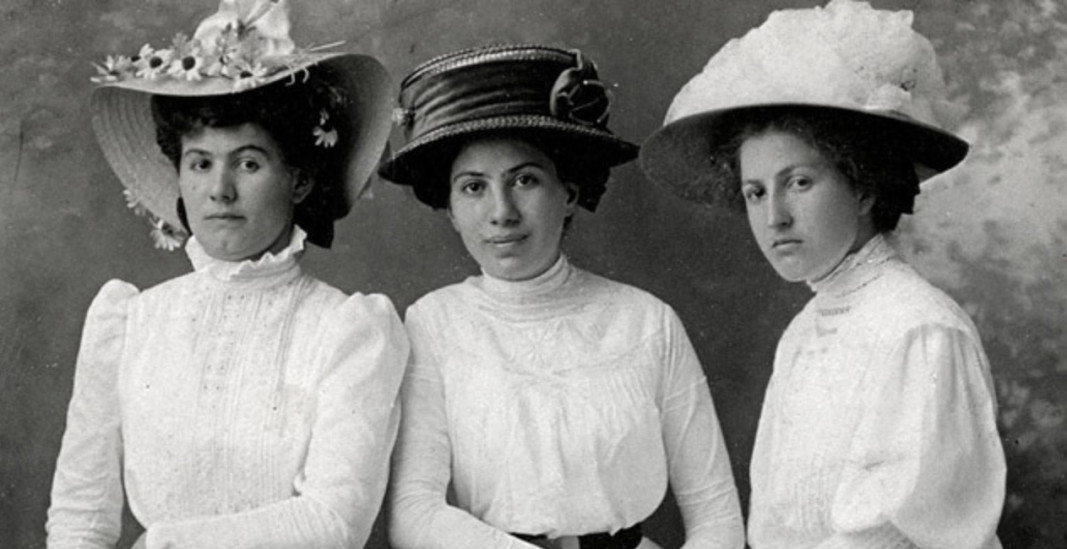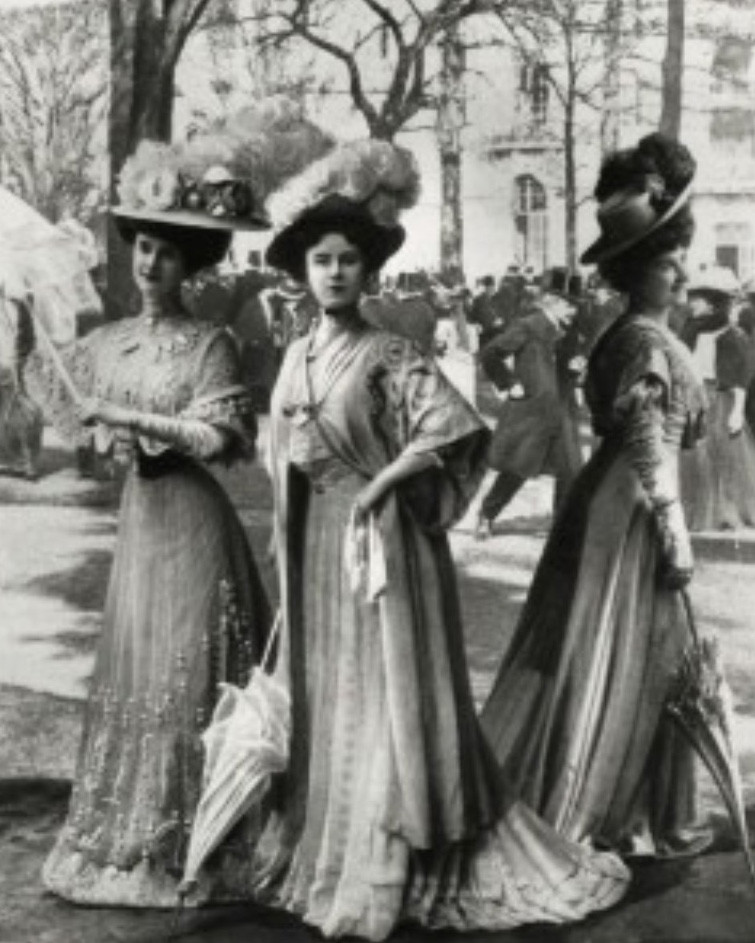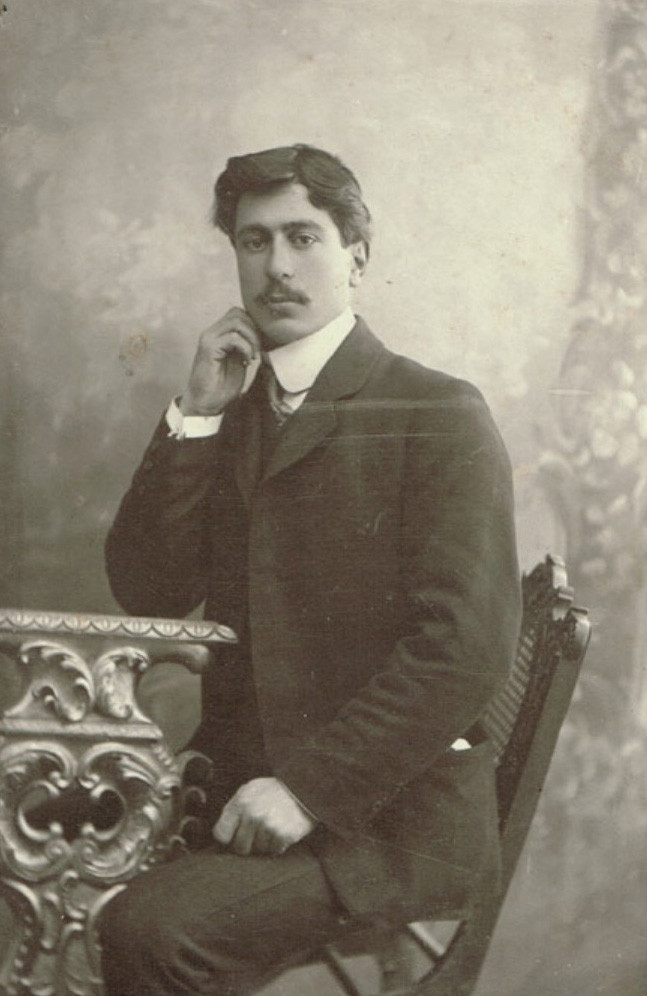Bulgaria’s Liberation from Ottoman rule gave rise to events and phenomena showing Bulgaria’s civilization path. With the adoption of the Tarnovo Constitution, the construction of Bulgarian statehood began. More and more citizens started welcoming European customs, culture and way of life.

The new trends were prominent in the old Bulgarian capital city of Tarnovo.
“At the same time when the Constituent Assembly (1879) laid the foundations of free Bulgaria, the first fashion show took place, as well as the first duel,” Todorka Nedeva from the Regional Museum of History in Veliko Tarnovo says. “There were also a number of cultural events under the influence of Europe – the first Bulgarian brass band was created and the first theatrical performance took place outdoors, acted by local amateurs.”
 In the post-liberation years the first influences of the Western European clothing fashion were seen. In the streets of Veliko Tarnovo elegant ladies and gentlemen wearing clothes according to French manners could be seen. They looked much different than people in traditional Bulgarian costumes. However, many fashion phenomena met fierce resistance from the most conservative citizens. These were, for example, long dresses with deep necklines, crinolines, ornaments as well as hats with ostrich feathers.
In the post-liberation years the first influences of the Western European clothing fashion were seen. In the streets of Veliko Tarnovo elegant ladies and gentlemen wearing clothes according to French manners could be seen. They looked much different than people in traditional Bulgarian costumes. However, many fashion phenomena met fierce resistance from the most conservative citizens. These were, for example, long dresses with deep necklines, crinolines, ornaments as well as hats with ostrich feathers.

The local press criticized not only the ladies' dresses but later also the cinematograph, the gramophone, the football matches and the "immoral" novels, stigmatizing them as a misunderstood civilization. The press wrote that some women intellectuals, teachers, and clerks who were economically independent even insisted on divorce because of the backwardness of their husbands. Women were those who mostly welcomed the modern way of life and dictated urban fashion. At that time many fashion ateliers existed in Veliko Tarnovo. But the wealthy citizens also ordered clothes advertised in French journals.
 “While women showed much vanity, the Tarnovo gentlemen were not lagging behind and were very careful about their European looks,” Todorka Nedeva says. “Renowned masters were making the clothes of Tarnovo citizens. In addition, sophisticated and wealthy men arrived in the city from all over northern Bulgaria to order clothes at Tarnovo tailors. The tailors were very good at the craft – they received magazines from Western Europe and made clothes according to latest fashion trends. Knitters also had distinctive talent and created fashionable then blouses and pullover sweaters. Their services were also used by ladies from other cities like Rousse, Svishtov (both on the Danube River), who wanted to have something interesting and original in their wardrobes.”
“While women showed much vanity, the Tarnovo gentlemen were not lagging behind and were very careful about their European looks,” Todorka Nedeva says. “Renowned masters were making the clothes of Tarnovo citizens. In addition, sophisticated and wealthy men arrived in the city from all over northern Bulgaria to order clothes at Tarnovo tailors. The tailors were very good at the craft – they received magazines from Western Europe and made clothes according to latest fashion trends. Knitters also had distinctive talent and created fashionable then blouses and pullover sweaters. Their services were also used by ladies from other cities like Rousse, Svishtov (both on the Danube River), who wanted to have something interesting and original in their wardrobes.”
If we had a time machine and could go back to the first decades of the 20th century, in Tarnovo we would have seen ladies in colorful dresses and gentlemen in frock coats elegantly leaning on their canes.
English: Alexander Markov
Photos: archiveFor the Orthodox Church, the 29th of April marks the beginning of Holy Week - a profound period dedicated to the contemplation of the life of the Saviour and the preparation for the Holy Resurrection. Immediately after the great Christian feast of..
"Blessed is the King who comes in the name of the Lord! Peace in heaven and glory in the highest!" (Luke 19:38). With these enthusiastic exclamations, which the Church recalls on the feast of the Entry of the Lord into Jerusalem, Jesus Christ was..
The tangents between biology and ecclesiastical icon-painting are unknown and incomprehensible to those who are devoted to science. For Ekaterina Titova, a doctor of biological sciences accustomed to approaching everything through logic, religious..

+359 2 9336 661
